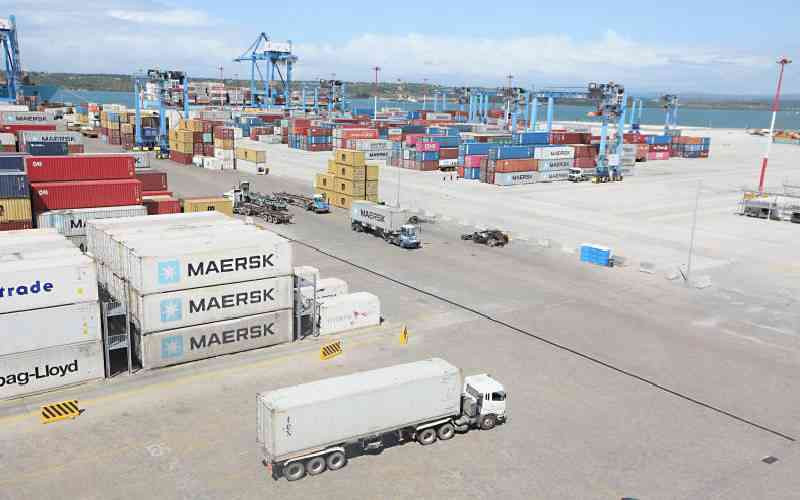
The Kenya Tea Development Agency (KTDA) has refuted claims that over Sh1 billion contributed by farmers has been mismanaged.
In a statement to newsrooms on Tuesday, the authority termed the claims as false, misleading while ignoring the transparent and verifiable financial framework guiding the implementation of Settet Power Generation Company’s small hydro projects.
The authority further assured farmers from the two counties that their contributions are safe, properly utilised and directed solely toward the projects intended to lower electricity costs and enhance farmer incomes.
A section of leaders from Kericho and Bomet Counties had alleged that the authority diverted the money from the West of the Rift Valley to the East.
But the authority said currently, two hydro projects namely Chemosit Small Hydro Plant, with a capacity of 2.5 megawatts and the Kipsonoi Small Hydro Plant, with a capacity of 2.6 megawatts are under implementation in Bomet and Kericho Counties.
“These projects are financed on a 65:35 debt-to-equity ratio, requiring a total equity contribution of Sh1.1 billion from shareholders,” the statement read, adding, “As of October 2025, shareholders have contributed Sh1.03 billion, against a total project expenditure of Sh1.208 billion all of which has been fully utilized within the two projects in line with the approved budgets.”
The statement indicated that the power generation company was incorporated on October 2010 and is equally owned by seven tea factory companies in Kericho and Bomet Counties which include Kapkatet, Litein, Tegat, Momul, Kapkoros, Mogogosiek, and Kapset, along with KTDA Power Company Limited.
Each of the eight shareholders holds a 12.5 per cent stake.
“The company was established to develop small hydro power plants to supply reliable and affordable electricity to the factories, thereby reducing production costs and improving farmers’ earnings,” read part of the statement.
“All project expenditures are subject to external audits and are regularly reported to the respective Regional Power Company Boards, Factory Boards, and shareholders during Annual General Meetings,” the statement added.
Further the statement said the challenges experienced in completing the projects have mainly arisen from financing, administrative, and logistical issues, all of which have since been resolved.
“The contractor has been fully re-mobilised, and the Chemosit project is expected to be completed by May 2026. The Kipsonoi project is also on course, with land compensation and topographical survey works underway, as financing discussions advance with prospective lenders,” the authority said.
It said it is committed to transparency, accountability, and prudent financial management.
The Settet Power projects are farmer-owned investments aimed at achieving long-term energy self-sufficiency and operational efficiency for factories in the West of the Rift Valley.
The agency urged all leaders to seek accurate information and verify facts before making public statements that may cause panic and confusion.
Stay informed. Subscribe to our newsletter

